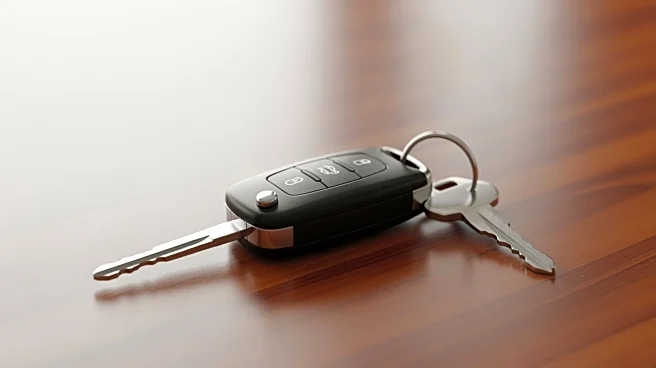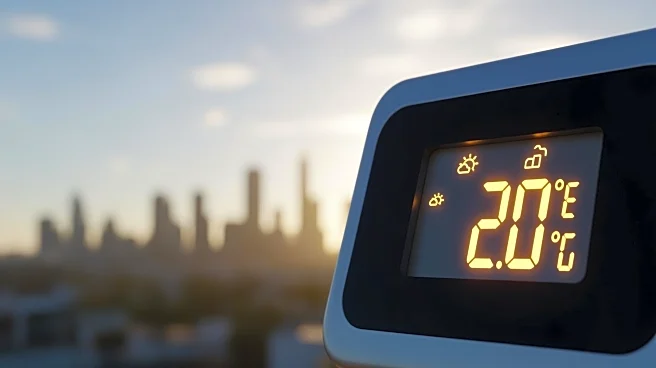What's Happening?
A significant number of American subprime borrowers are falling behind on their car payments, indicating financial distress. The percentage of subprime borrowers, those with credit scores below 670, who are at least 60 days late on their car loans has
doubled since 2021 to 6.43%, surpassing rates seen during previous recessions. This trend is concerning as car loans are typically prioritized by borrowers due to their essential role in daily life.
Why It's Important?
The increase in car payment delinquencies among subprime borrowers highlights underlying economic challenges faced by vulnerable groups. High car prices, interest rates, and inflationary pressures have contributed to record auto payments, straining household budgets. This situation could worsen if the labor market weakens, leading to more defaults and repossessions, which would further impact economic stability and consumer confidence.
Beyond the Headlines
The rising delinquency rates underscore the disparities in the U.S. economy, where lower-income consumers struggle despite overall economic growth. The situation reflects a K-shaped recovery, where wealthier individuals benefit from stock market gains while others face financial hardship. The repo industry is adapting to increased demand, using technology to locate and disable vehicles, highlighting the severity of the issue.














